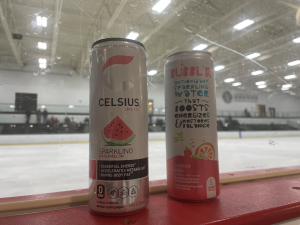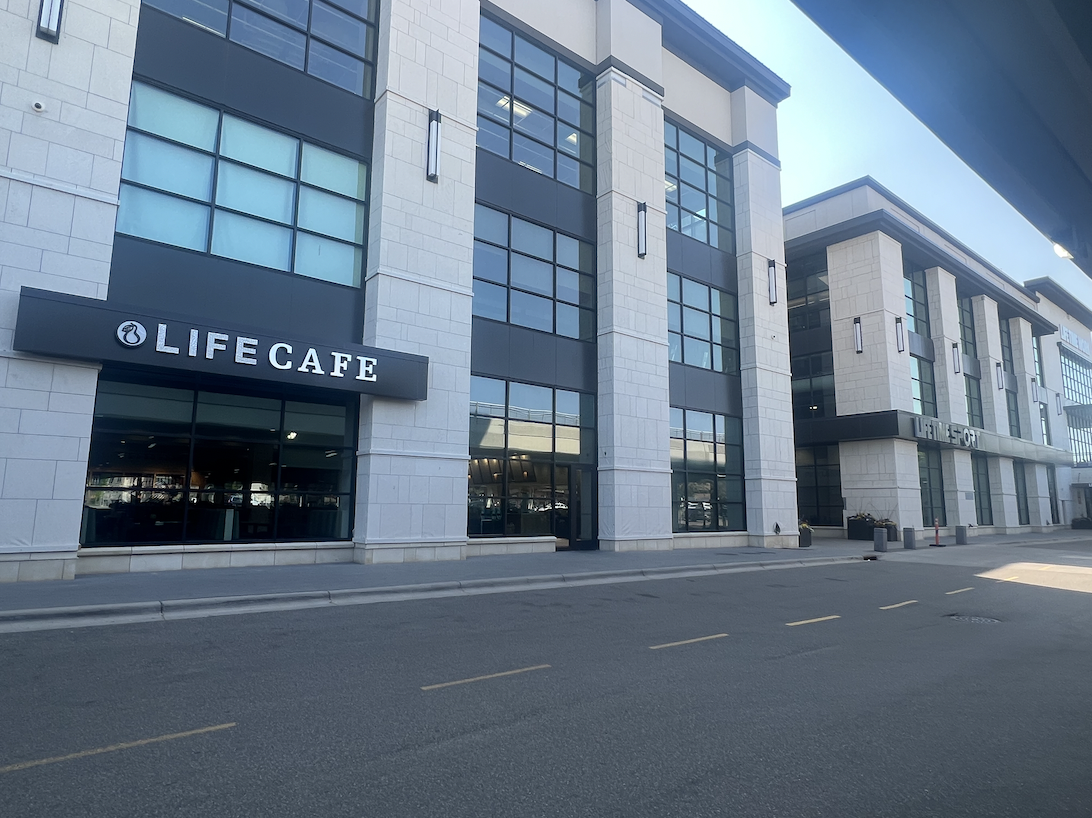Letter to the Editor: Students Should Consider Their Relationship to Technology in Terms of a Life Well Lived
May 11, 2023
Editor’s Note: Audrey Weber is a BSM alum and former Knight Errant EIC now studying at Villanova. This piece reflecting about technology and a life well lived is also relevant to Red Knights as they navigate an ever-changing world.
I, like every other freshman, have spent the past year in my ACS course confronted with contemplating what a “life well-lived” from our very first assignment asking that intimidating question in August. Ever since, ACS has challenged my classmates and me to dissect and ultimately determine what a “life well-lived” truly is for ourselves. Now, almost two semesters later, I am still grappling with what does and does not encompass a “life well-lived.”
ACS has, of course, also taught me Genesis, St. Augustine’s Confessions, and Gawain. It’s against their backdrop of self-reflection and learning about human nature that I personally have been forced to really look inwards at myself. In the same way that Adam and Eve were deceived by exterior forces, and like Augustine or Gawain sought promised pleasures through self-destructive means, I’ve realized that my greatest source of empty, false pleasure is the digital, web-based, and mobile technology in my pocket.
It’s happened gradually, after hearing many personal testimonies of technology overuse from The Social Dilemma which we watched in September, and participating in The UNPLUGGED Experiment in October, to encountering this spring a New York Times interview with a young teenager, Logan Lane, who’s shared her own experience with forgoing technology, and hearing Villanova’s very own Theology professor Dr. Jonathan Yates express last month his concerns for his students’ spirituality in light of their constant scrolling. All of these have reinforced the same question in my mind: while technology has aided our generation in many positive ways, at what personal cost? Are the current and long-term consequences being considered?
It’s not realistic to get rid of all technology in our lives, considering almost every class relies on its accessibility and use. But I do know that the same premise isn’t true for social media. I’ll be the first to admit after grappling with this for two semesters that I am addicted to it. I have all the apps and frequent them all too often. My screen time is off the charts. Mindless, involuntary tasks have been overtaken by my phone, like walking to class, simply going to the bathroom, or watching a movie while scrolling with my phone in my hand. At this point, I can’t even distinguish between my active and passive social media use. Yet despite knowing all of this, I can’t seem to make any small improvement.
I’ve tried going cold turkey with social media, encouraged by the aforementioned UNPLUGGED experiment (which I attempted TWICE to go 24-hours without accessing digital technology), but it has just caused me to overcompensate in the following 24-hours. I’ve tried using screen time limits but have been largely unsuccessful and just end up overriding the limit(s) for an extension. At this point, I am just frustrated. I am frustrated by the fact that social media has largely diminished my productivity. I am frustrated that social media has killed my sense of individuality. I am frustrated that it is thus killing my confidence. Above all, I’m frustrated that I’ve fallen victim to the moving target of what is “cool” or “acceptable” as a byproduct of my algorithm-fueled and screen-delivered digital overconsumption.
We can blame our excess tech use on the COVID-19 pandemic, or on the digitalized world my generation was born into not by choice but by chance, or any other excuse, but it doesn’t make the struggle to change any easier. I don’t think I’m alone in this. I’m not sure if this rant is best categorized as a Public Service Announcement, a personal call for help and action, or just a transmission of my collective thoughts onto paper, but it’s important. It’s important to acknowledge the negative aspects of technology (and more specifically, social media) in a world where the positives are glorified and monetized at my (and your) expense. So, take my words as an example of subsidiarity (change starting at the lowest level possible, another thing I’ve learned in ACS): I’m writing them so that I can find others like me, who are also wrestling with technology and social media addiction, in hopes that, together, we can overcome this.
As hard as it is to admit all of this, being asked “What is a life well lived?” came at just the right time. It forced me to look inwards and confront myself – just like Augustine did —which takes honesty and vulnerability. We all struggle, to varying degrees, during freshman year to look like we are enjoying college, that everything is falling into place almost seamlessly during this life-changing transition. But for those of us who haven’t had as seamless of a transition, or maybe just had a few bumps in the road, social media just makes it harder.
Even if this resonates with just one person, then I will feel like I’m one step closer to a “life well-lived” because I’ve learned that such a life is bigger than myself. I’m not here to tell you how you should or should not live your life in light of technology and social media. I don’t even know the right answer (or if there is one). But I am here to encourage you to consider if you would truly define all the minutes of mindless scrolling, or of mental and physical expense at the mercy of social media, as a “life well-lived.” If your answer is no, then you’re not alone.
Audrey Weber
BSM ’22
Villanova ’26



















































